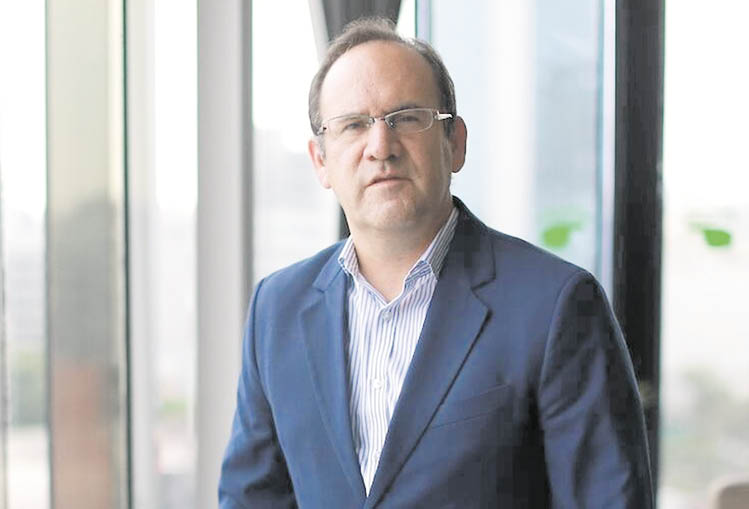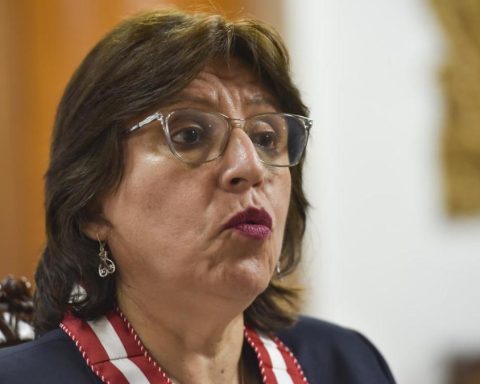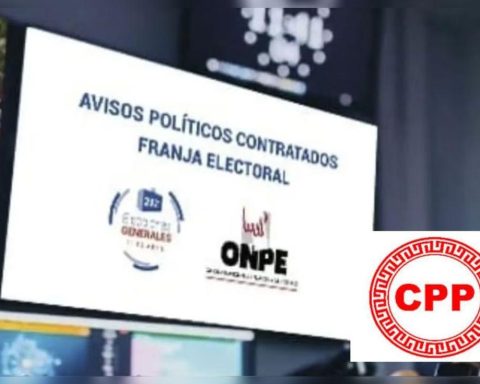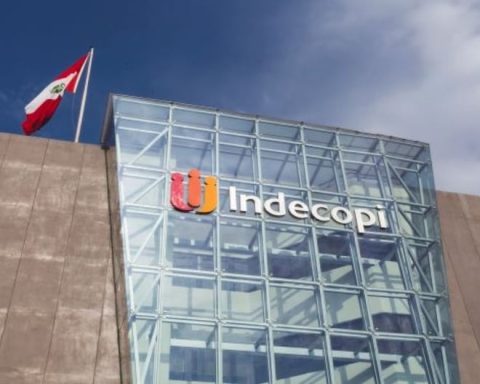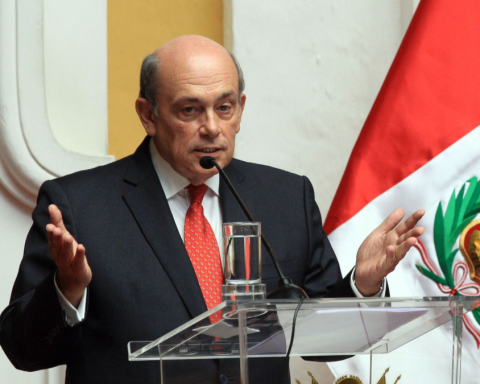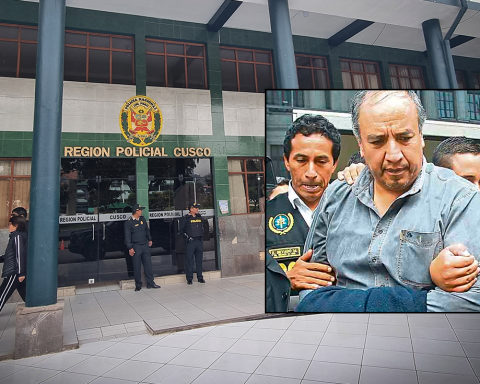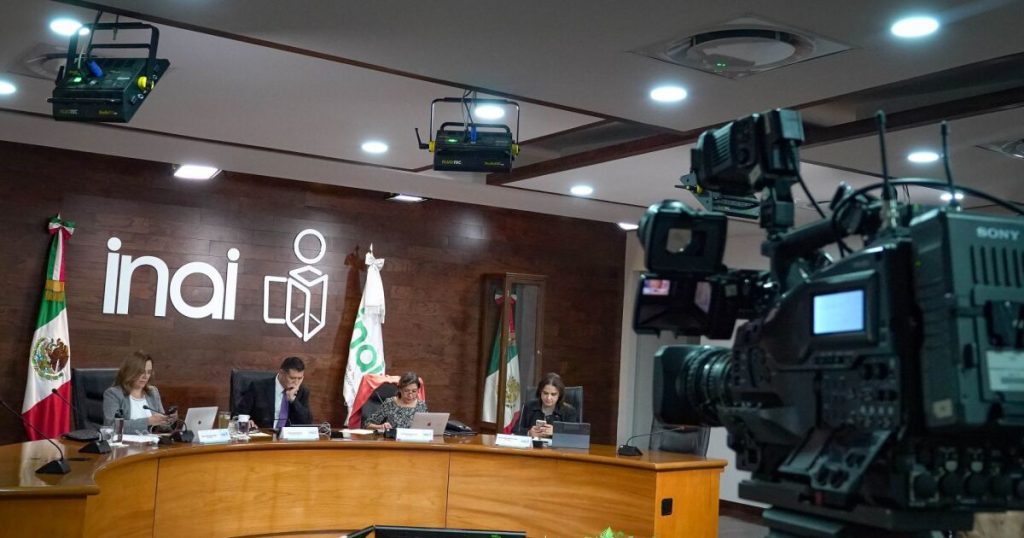The new terminal of the airport is about to be inaugurated in 2025. Jorge Cháve International Airportz, which will provide the country with modernity with everything that is ready. However, works like this that seek to improve productivity, key to growth, could work against it, not because they are poorly done, but because of the lack of coordination and even financing modalities. José Salardi, Executive Director of Proinvestmentmakes an analysis of this problem.
What are the main milestones of 2024?
2023 was an important turning point. Certain projects such as an electrical transmission group were unloaded and this restored confidence and the pace of PPP awards. That is why we projected US$8 billion in awards for this year, but it is very likely that we will exceed that goal. Towards the end of this month, the 90-day period expires for interested third parties to apply for an important project such as El Algarrobo, in Piura. If there are not, what is needed is the direct award that would be made on December 30, which would close the year above US$8.9 billion. That consolidates a very good year for the country.
Look: Julio Velarde asks for caution in the face of a possible increase in the Minimum Living Remuneration
What is the award goal for 2025?
For 2025 and 2026 we also have goals close to US$8,000 million in projects that are advancing, each with its complexity. For example, this year we had planned to award the Longitudinal de la Sierra Section 4, the Ancón Industrial Park, group 3 of the transmission lines and the Puerto Maldonado wastewater plant. Each one has had their reasons why they have been postponed for a few months, but our goal is that in the first half of 2025 they will go ahead. There are about 30 projects that we are going to execute next year. This indicates that, in many cases, they are small projects.
Why aren’t there more large projects considering the infrastructure gap?
We expect that the projects awarded by Proinversión will begin to scale. Nowadays, large infrastructures are being routed through another modality such as Government to Government (G2G), but PPPs in history have proven to be more efficient, sustainable, and even fiscally more favorable for the country. We are waiting for that break.
What are the problems that the projects awarded by the government-to-government mechanism are facing?
They are facing a big problem in the sustainability of operation and maintenance. Impressive infrastructures have been deployed, but many are not operating because there are no resources for it. A problem that we have and that is repeated a lot is the fiscal deficit. All projects require a budget for the execution of the work and its sustainability. If the central highway, line 3 and line 4 of the metro and other projects are loaded into a mechanism like G2G for which the Government has to pay for it, the fund is not going to give you. Only adding the central highway to the MTC, budgetarily, and paying in the medium term, generates problems in adding to other projects. That’s the reality.
The creation of 21 universities has just been approved in Congress. Are those universities in the infrastructure gap?
No
Look: Fiscal Council warns about the 2025 budget
So, who should lead the prioritization of infrastructure works like that, the new Ministry of Infrastructure, the MTC, Proinversión, each ministry…
There is a planning problem that is important in the country. The Ministry of Infrastructure, as defined, will concentrate the issue of sector projects and will have to define which projects are going to be prioritized and under the modality, but in no case in PPP, because Proinversión will be at the side and is not included. This is an issue that will have to be discussed because we may want to take all projects to public works when there is a powerful mechanism of financial sustainability and leverage for the country such as the PPP. Ceplan should also play an important role.
This lack of a responsible state entity is evident in the access problems to the new airport terminal…
At the time I joined the MTC to promote the delivery of land. I remember that in 2018 the minutes were signed to unblock the work. Next year it will be inaugurated, but the State within the public works has not been able to provide access to the new terminal, which is the Santa Rosa bridge. A couple of years ago, the political discussion arose as to whether the current existing terminal should be closed. And in my opinion it is important to maintain the current terminal because metro line 2 arrives there. Also, there was an initiative so that Av. Morales Duárez could have a much more efficient pass and the entire Yellow Line could continue and not generate the problem of the entire turn that had to be made in Faucett, and it has taken years to get it out. It is pending to be awarded for tax works, but much depends on the dynamics of the MTC for these issues to emerge. The other issue is the combination of works that will take place in the area. We are missing that planning and that strategic view, even down to logistics, so that you can maximize the competitiveness of the works.
A ruling by the Constitutional Court stripped Cerro Prieto of the land it had acquired in a public tender. What happens in those cases?
A company comes to the country and signs a contract with you because it is looking at the long term. Peru, in January of last year, when it had many problems, granted a concession that was a transmission line to a Spanish group with a global presence. It was a 30-year contract. In the case of Cerro Prieto, which dates back years, when the land sale was made, the long term was also thought of. So, contracts are there to be respected.
What happens when they are not respected?
We must give legal security to investors, because Peru is not going to develop alone, it needs private investment. A contract is created with a rate of return included, an adequate and attractive profitability for the private sector, and there is also room to make a direct deal with business spaces.
In the end, if these contracts are not fulfilled, the country pays.
It is clear that every time the State has gone to kick the board, it has come out losing. For example, what happened with Chinchero, it went to arbitration and Peru is going to have to compensate the operator. It is clear that you cannot, for political reasons, say that this is not going, because in the long run someone is going to have to pay that bill, and that is not responsible. The authorities have to understand that there is an entire system that has taken decades to build so that the country has confidence and stability in macroeconomic terms. If you change that, what happens is that you add uncertainty, remove credibility and undermine a valuable asset that took you more than three decades to build and consolidate. If a company comes, invests, develops, bets on the country, it creates jobs. By unscrupulous management, you cannot undermine against that.
Take advantage of the NEW EXPERIENCE, receive our enriched digital newspaper by mail and WhatsApp. Peru21 ePaper.
Now available in Yape! Find us at YAPE Promos.
RECOMMENDED VIDEO
